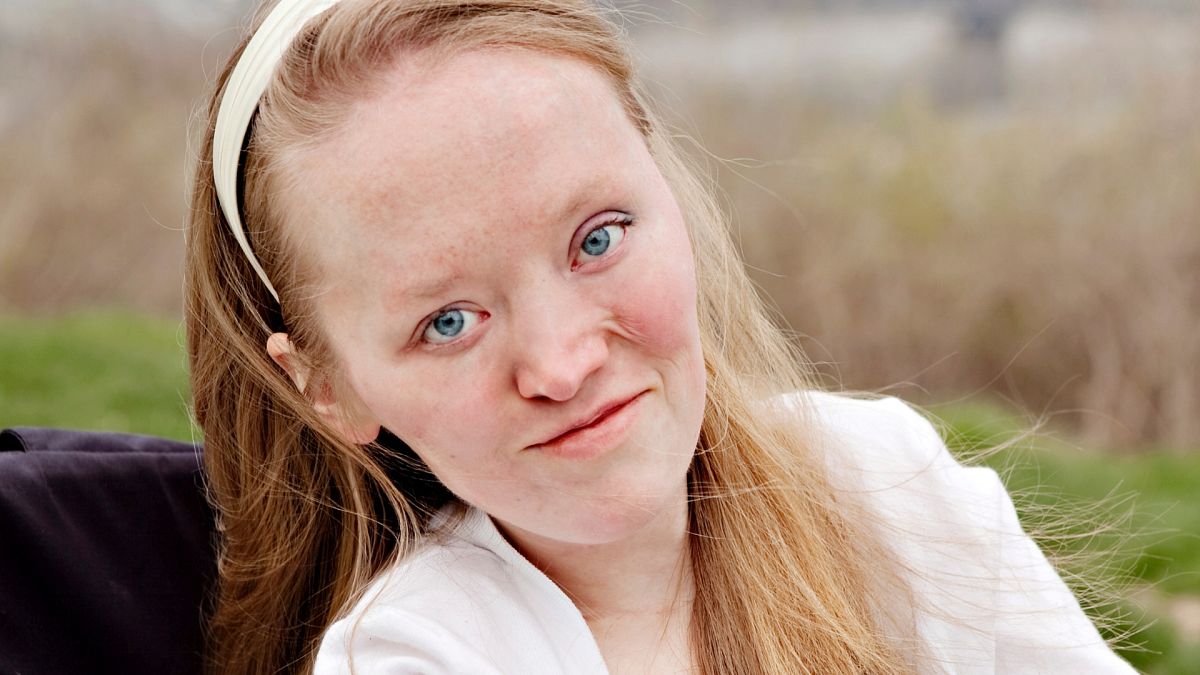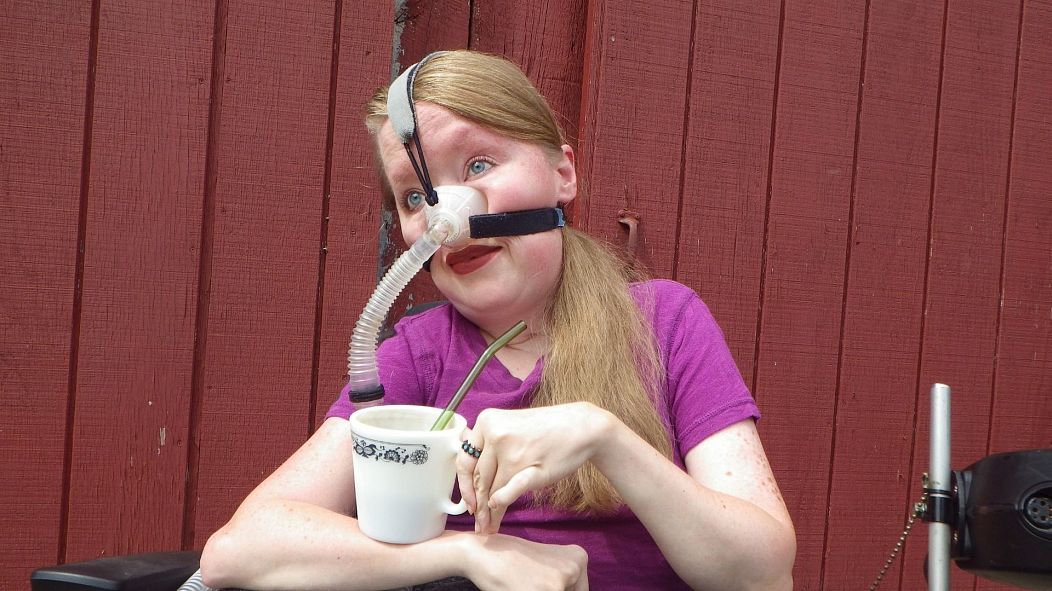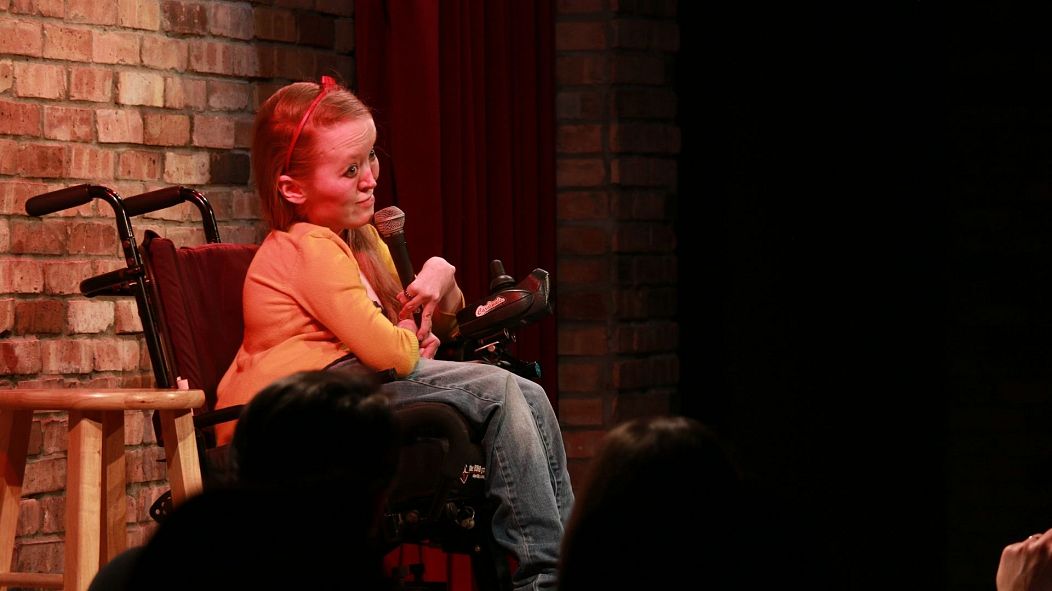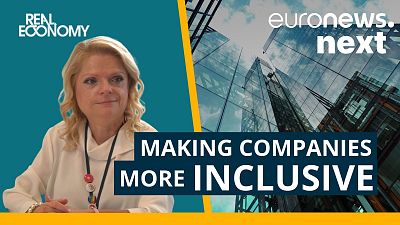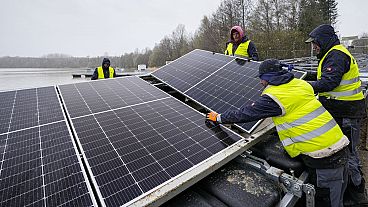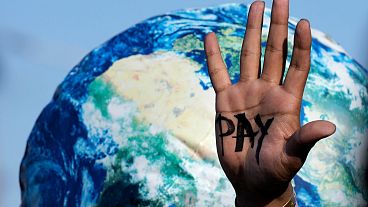Comedian Ally Bruener explains what it’s like balancing a disability with an environmental conscience.
Ally Bruener is a comedian, writer and inspirational speaker living in Kentucky, US.
Although most of my university years were a blur of booze and self-loathing, one unexpected Business Ethics class tripped my 'green guilt' switch and left me longing for practical balance over a decade later.
The professor had us carry and utilise our own personal trash bag everywhere we went for the entirety of a week. Our grade depended not on how empty or full our new sidekick ended up, but on how willing we were to carry the literal weight of our rubbish throughout our daily routine.
While my experience was slightly skewed by having the unique ability to attach the floppy vessel to the back of my motorised wheelchair, the crash course into self-auditing consumption practices was no less impactful.
I had always thought I'd made relatively responsible, eco-friendly choices. Yet, by the final day of the experiment I found that, other than the bloke who picked the wrong week to assemble an IKEA bookcase, I was the only pupil who needed a second bag for all my waste.
Was everyone else cheating by simply tossing in enough mass not to raise questions, like I may or may not have briefly contemplated? Probably. Regardless, I was exposed to the desire of discovering what changes I could make to minimise my seemingly disproportionate tread marks on the environment.
Before abandoning my refuse into the bin behind my dormitory, I examined the few contents that weren't yet sticky from the slush of coffee drippings, candy wrappers, or stale beer pong cups. The largest item was the cracked, plastic, ten foot long hose from my breathing machine that desperately needed replacing in order to properly function and keep me alive.
That's when I realised why my bag likely overfilled – unavoidable medical waste and basic survival tools.
In the years since that pivotal class, my adherence to sustainable practices has ebbed and flowed in countless directions; but, my inner-guilt of not doing enough has remained obstinate.
While I know one individual's needs won't make or break Mother Nature, I feel a duty to carry my weight even without the reminder of a perpetually growing bag slung over my shoulder.
The problem with internalised eco-ableism
As I mentioned earlier, I use a wheelchair for my mobility needs. I was born with Muscular Dystrophy, a progressive disease that doesn't allow proper muscle regeneration.
So as I age, my need for medical intervention increases and becomes more diversified. The array of new accessories to aid in my survival seems to grow faster than any politician's narcissism. Some pieces are obvious medical paraphernalia while others may appear more trivial to the casual, able-bodied observer.
By now, most people have likely been exposed to the term 'ableism' with regard to disability discrimination. But not enough mind is paid to how it can contaminate the desire and motivation to go green.
The most blatant example of this, which seems to have levelled out a bit since our initial emotional reaction as society, was the transfixion with plastic straws. Everyone saw the infamous sea turtle images.
I had the same slimy, gagging feeling in the back of my throat as you. That sensation quickly travelled down to my gut and took the form of a bubbling boulder coated in a mixture of guilt and fear. It initiated this panic that I was somehow a villain for my inability to lift a cup to my lips, lean my head back, and take a chug.
The social media virtue signalling came from people who maintain that bodily privilege and marked a clear divide between expectation and feasibility. If I had a dollar for every non-disabled person who condescendingly informed me of the various materials available for reusable straws, I'd be able to afford all the glass shards and splintered bamboo I fantasised about making them gnaw on.
Are there scenarios where I can implement a more sustainable option? Of course. But the factors that determine when, where, and how I do cannot be comprehended nor decided by anyone that doesn't reside within my same physical parameters.
Forcing anyone to justify a material necessity because it doesn’t align with your own practices is the epitome of eco-ableism.
How I balance out my ‘sustainable guilt’
When we talk about making individualistic changes that benefit the Earth as a whole, we need to be cognisant of the fact that it isn't a one-size-fits-all approach.
I very much envy the woman I saw on YouTube who fit a year's worth of waste into a mason jar, but neither my health nor support network will allow me the option of living to that extreme. We need to apply empathy to the expectations we have of one another and not let our arrogance taint the joint venture of a stabilised planet.
While innovation will continue to expand new routes towards greener living, it's important to realise some people carry heftier waste baskets through life via no fault of their own.
Every weekday at 15.30 CET, Euronews Living brings you a cutting edge, environmental story from somewhere around the world. Download the Euronews app to get an alert for this and other breaking news. It's available on Apple and Android devices.
